For thousands of years, the Chinese have lived closely with tea, enduring its bitterness through countless seasons. Bitterness has always been an inherent characteristic of tea, historically referred to as "bitter tea." This makes one ponder: despite its bitterness, why do Chinese people still love tea?
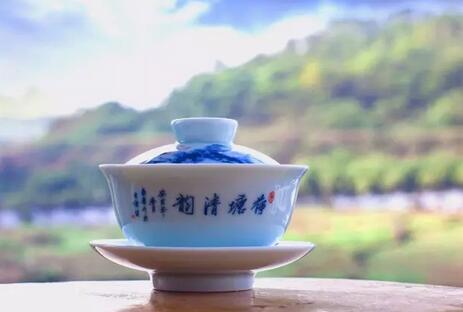
Many people dislike tea precisely because of its bitterness.
Throughout human history, bitterness has been endured only in times of hardship, while sweetness has always been the aspiration of life. Many people dislike tea simply because it is bitter—a preference determined by genetics.
However, tea is so bitter, and modern life is so comfortable that there is no need to taste such hardship. Why "seek bitterness voluntarily"? This makes one wonder: despite its bitterness, why do Chinese people still have such a fondness for tea?
No bitterness, no astringency—it's not tea.
Bitterness has always been one of the taste components of tea, historically called "bitter tea."
Many seasoned tea lovers often quote an old saying: "No bitterness, no astringency—it's not tea." To most people, bitterness is an essential part of tea. For thousands of years, the Chinese have lived closely with tea, enduring its bitterness through countless seasons.

What is bitterness, and where does it come from?
At its core, the bitterness in tea comes from naturally bitter compounds. Primarily, these are the polyphenols and alkaloids found in tea leaves.
Tea polyphenols are a large family of compounds, most of which are bitter, with EGCG being the most bitter. They make up a significant proportion of tea and contribute greatly to its bitterness.
Alkaloids are also bitter. Because they dissolve quickly, their concentration is usually higher in the first three infusions. Although they don’t make up a huge proportion, their contribution to bitterness is notable.
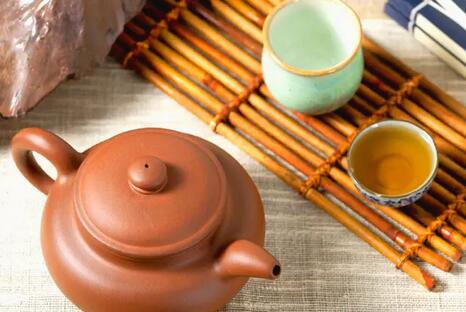
Bitterness is beneficial to the body.
Traditional Chinese medicine holds that bitterness enters the heart, capable of purging fire, drying dampness, and clearing heat and toxins. "Tea is bitter and cold, making it highly effective in reducing fire. For young and healthy individuals with excessive fire in the heart, lungs, spleen, and stomach, tea is particularly suitable."
In Western medicine, the bitter-tasting EGCG has attracted significant attention. Current scientific research has made EGCG one of the most important subjects, whether in fighting cancer, maintaining youth, or improving nutrition—it is highly meaningful.
Bitterness gives way to sweetness, as does good tea.
Good tea always turns bitter into sweet and astringent into refreshing; life is always a mix of sweetness and bitterness. The key is to taste it all, savor it carefully, chew it slowly, and reflect deeply. Sometimes, the most bitter moment heralds the arrival of fragrance, while the sweetest moment may conceal hidden bitterness...
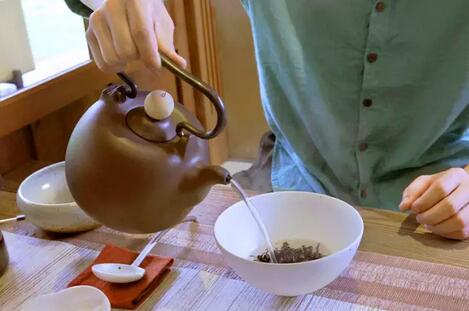
Life is like tea—it will always be bitter for a while, but bitterness gives way to sweetness, making for a better life.
Bitterness is the true flavor of tea and the true flavor of life. For the Chinese, drinking tea is akin to tasting life. Tea contains both the kaleidoscopic colors of the world and the酸甜苦辣 of life.
"The pot holds the universe; the cup contains the sun and moon." True tea appreciation lies in transforming the slightly bitter tea soup into a sweet aftertaste, while also revealing the true essence of bitterness.
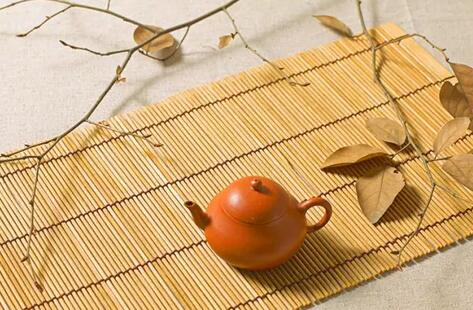
Boil all the bitterness of life into cups of faint fragrance.
Only when tea is immersed in boiling water can its筋骨 fully舒展, releasing its energy and value, and emitting the most intense fragrance of life.
In tea, one tastes bitterness and the joy of transforming it into sweetness,咀嚼岁月 in the interplay of bitterness and sweetness, and gaining enlightenment through reflection.
In truth, life is not inherently bitter; bitterness arises from our excessive desires. The heart is not inherently weary; weariness comes from holding onto too much.
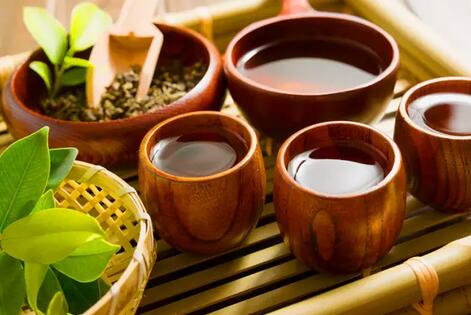
For seasoned tea drinkers, a brew lacking bitterness seems lacking in intensity, too平淡 to be satisfying. Similarly, a life without bitterness seems insufficiently rich to those who love life—too平凡 to be interesting.
Tea is like the myriad experiences of human life. The "green" of tea is not just its color but also the essence of human life. The "bitterness" of tea is the true flavor of life. Thus, tea is profoundly meaningful and endlessly回味.